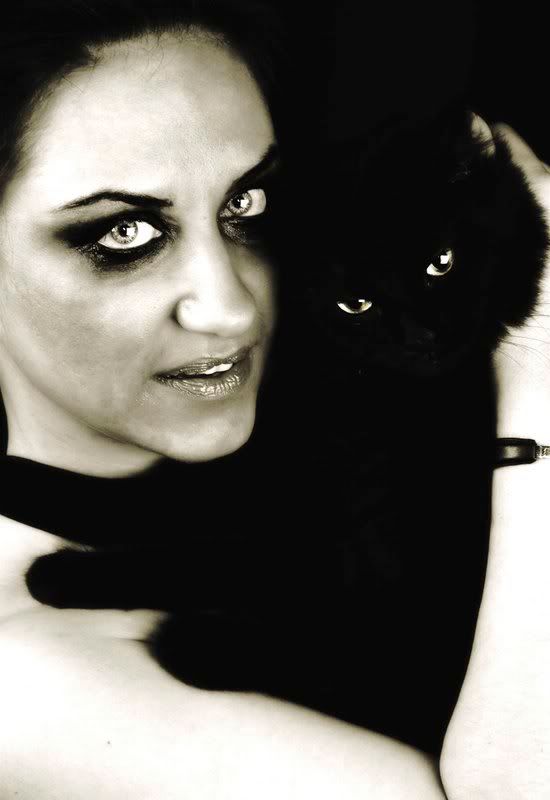Can we cheat death? What exactly takes place in one single nanosecond between walking across and staying put, turning left and turning right, life and death? Where is the exact tangent of life and how many times in a life time do we pass a nanosecond close to it?
I ponder this question every now and again.
I asked myself this question after seeing ‘Final Destination’, the psychological thriller about a group of teenagers cheating death by stepping out of a plane minutes before take off due as a result of a premonition and yet get caught one by one in freak accidents. The movie made me ponder the issues of fate, life, death and divinity. If our time has come, can we really cheat death? Or do we merely postpone it for a while, not knowing it is just around the corner, sniggering at our mortal folly?
I asked myself this question when a van cut into my lane, denting my car, on a February morning. What if I had left the house a little earlier? What if I had not stopped at the gas station to get the morning paper? What if I had left something home and had to go back for it? Or is contemplating all the ‘what ifs’ we may come to find in everyday situations futile and foolish? Will all that is meant to be really be, regardless of how many things we could have done differently?
I asked myself this question once again, while in Turkey, after an early morning phone call from one of my aunties, informing us of the accident my cousin had been in. She had been out for dinner with friends, enjoying herself until she got a headache. Thinking it would be best to go home and sleep it off; she announced that she’d call it a night and call a cab. A friend told her it was pointless to get a cab when his chauffeur driven Jaguar was waiting outside. As she got into the car, little did she know that on the way the car would be crashed into from behind, fly off the road and into a tree and come crushing down and she would suffer serious injuries to her head and her spine. If she had, she would have done her seatbelt. She was sitting in the back; as the car came crushing down, she hit her head on the roof and almost broke her back, falling back on the seat. Horribly battered and bruised, she was rushed into emergency, critically injured.
She has since gone through four operations and spent two weeks in intensive care. She still cannot move her legs and it will take a long time before she will fully recover and get any feeling back in her legs. What if she had called a cab? What if she had done her seatbelt? What if she had got the headache a nanosecond earlier or later? Or if she hadn’t got it at all? Or is ‘what if’ a mere synonym for hindsight?
And I ask myself this question once again as I watch United 93, the story of the plane that did not hit its target on 9/11 and its passengers that fought back… What if the delay in take off from Boston was a little longer? What if the officials had realised the gravity of the situation after the first crash at the WTC and cleared the air space? There are so many ‘what ifs’, or are ‘what ifs’ the only way we humans know how to deal with the aftermath of tragedy? And what about the survivors? The stories we heard time and time again in the first few days after the attacks, of people who had taken the day off, or missed the train because they had to rush back home to change the shirt they had spilled coffee on, or didn’t get to the office in time because they’d ignored the alarm clock just a little longer… Mark Wahlberg, who was apparently a scheduled passenger on United 93 but decided, at the last minute, to visit a friend in Toronto instead…
How many times in a lifetime do we get a nanosecond close to that tangent between life and death? Just how many times in a life time do we miss it by a nanosecond?








